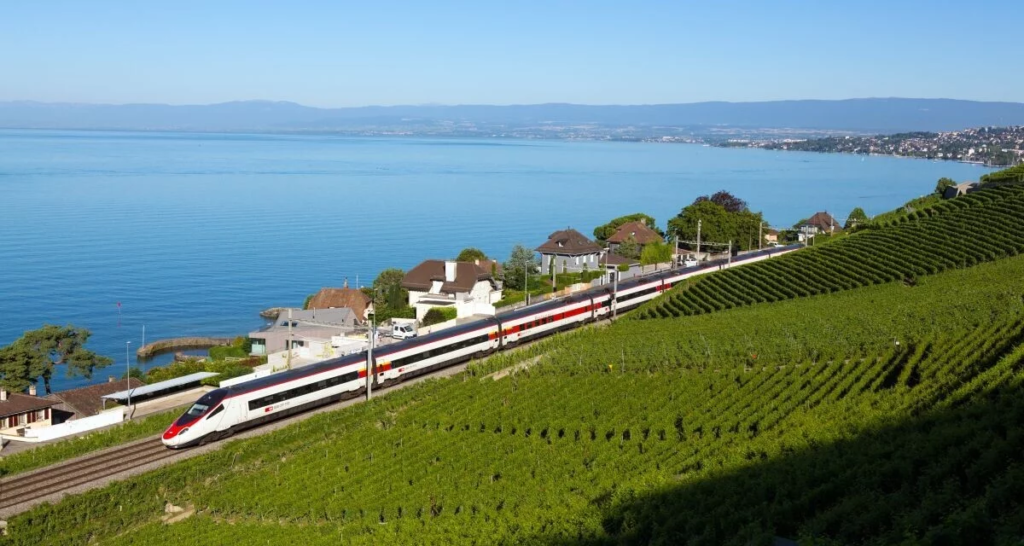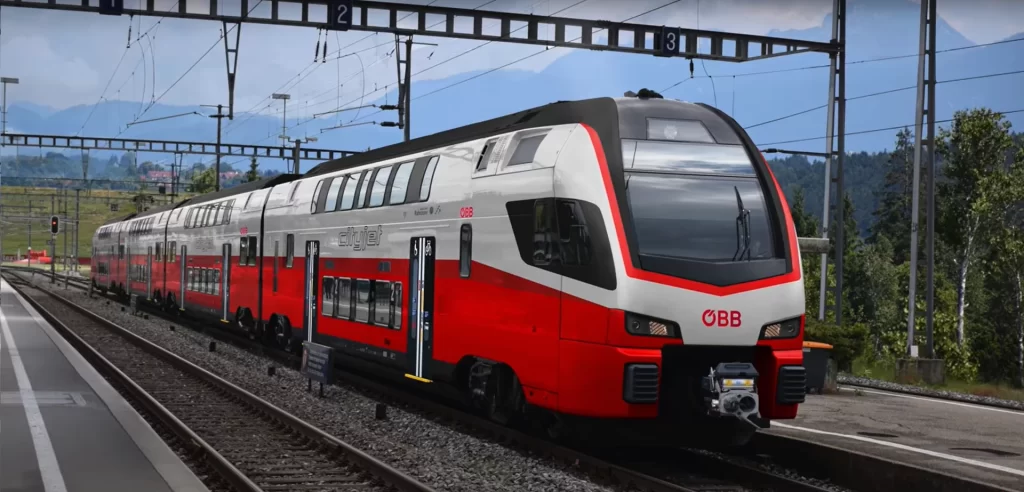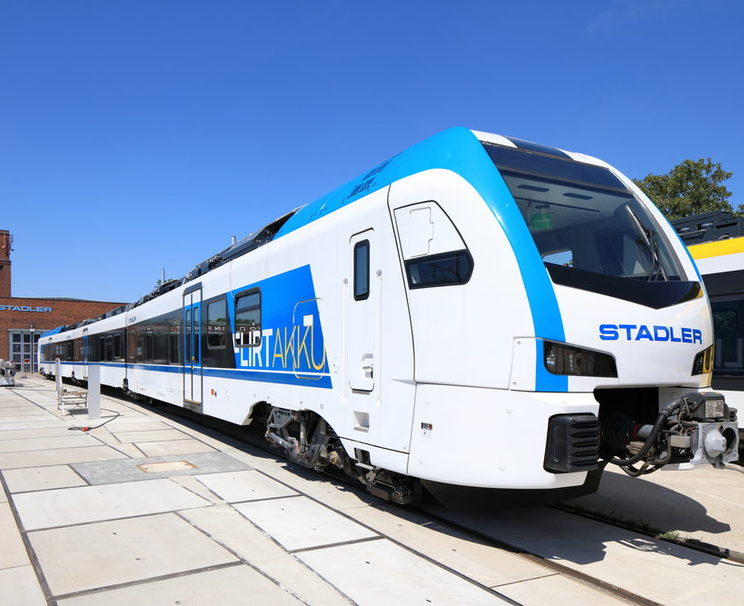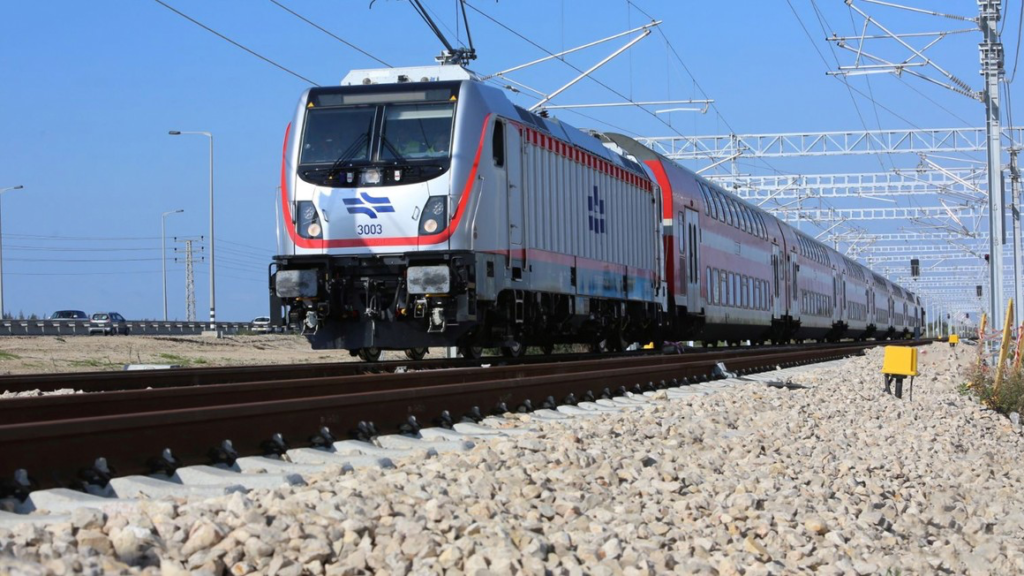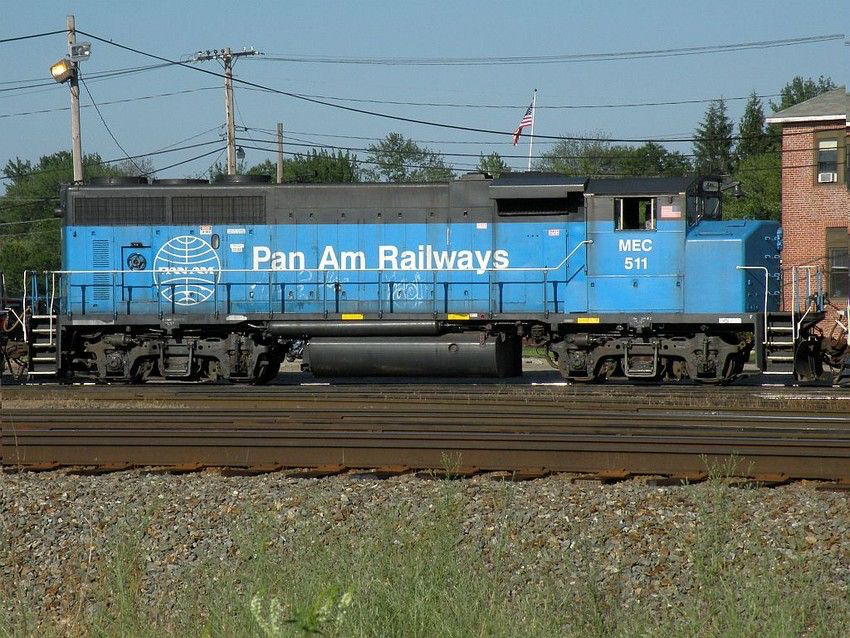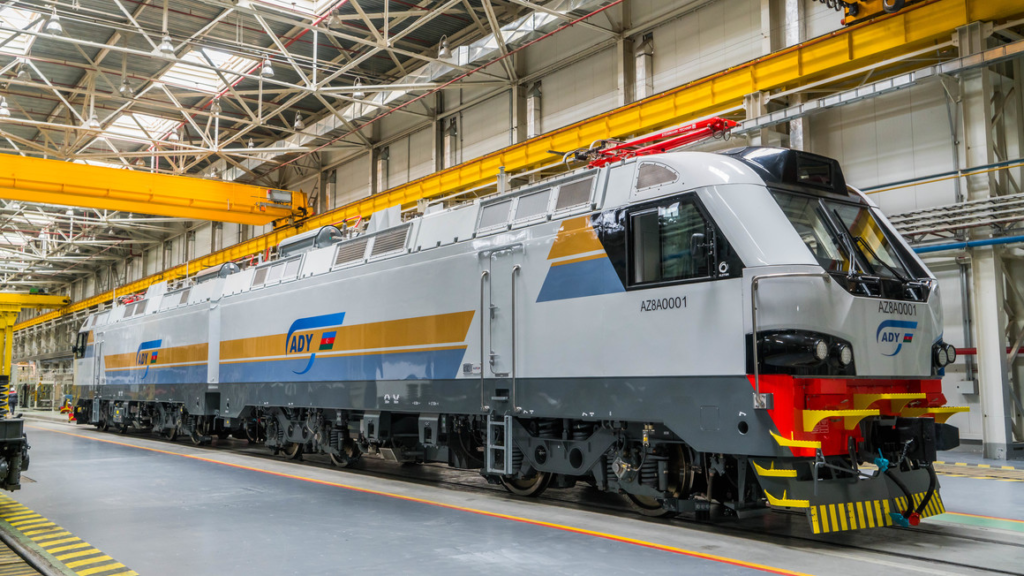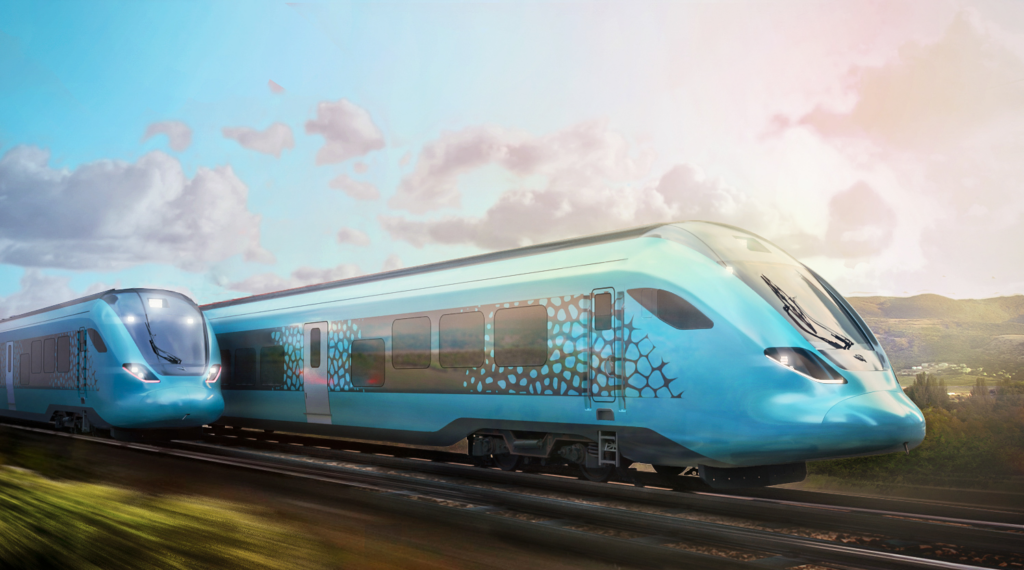SBB connects Geneva Airport to the Swiss Air Rail route network
Swiss International Air Lines AG, the flag carrier of Switzerland and a subsidiary of the Lufthansa Group (Xetra: LHAG), and SBB is expanding the Air Rail route network and adding Geneva Airport. Swiss passengers traveling…
